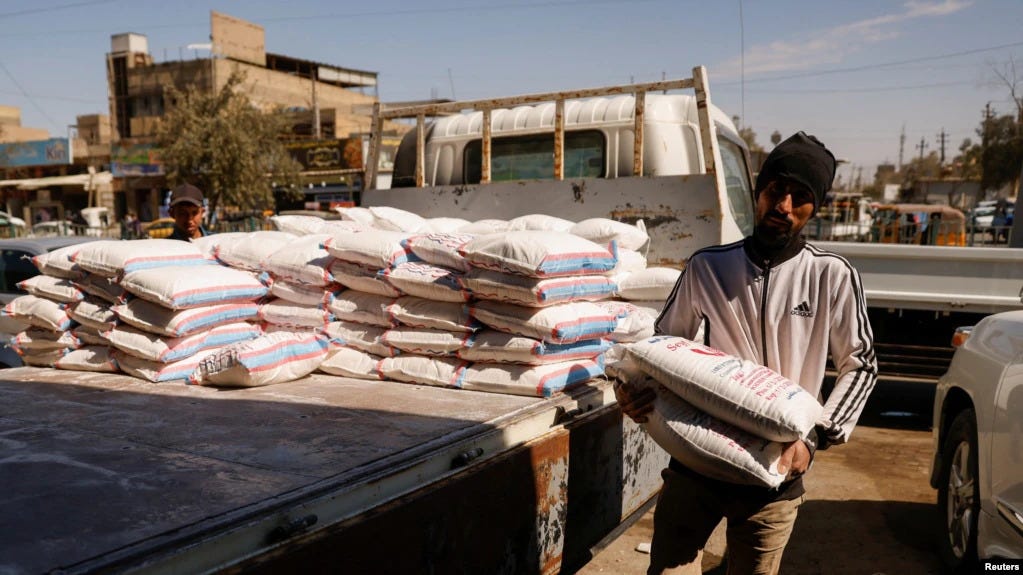Markets, in general, have not been going anywhere except for some strong activity in bonds. The ten-year yields have almost touched 2.50 and that is supposed to be a formidable barrier. Some parts of the curve are almost flat and are even getting inverted. Inversion in yield curves is a sign of recession but that doesn’t mean every time we got an inversion the economy will move into recession. The truth is that most recessions didn’t happen without an inversion. On that front, the most-watched period is the two against the ten.
Everything is pointing to a global recession too. It is unbelievable how unexpectedly the war between Russia and Ukraine within a month will create big bottlenecks in oil supplies and food shortages around the world.
Bad policy choices in the past will force the governments to introduce the prospects of many subsidies. In a world that is undersupplied and underinvested in new oil supplies (for reasons that we all know), the price of oil should continue to rise unless there is a quick settlement to the ongoing war situation in Europe.
Government handouts in the name of broad ‘inflation relief’ can happen in the US and Europe. The matter is being already discussed in the US. The Fed is not going to easily turn around and say we are not raising rates. But instead, they may introduce more fiscal stimulus measures. How it will be administered is not clear at the moment. I reckon that the Biden administration will be so consumed by their foreign policy that they might slip up and make serious long-term policy mistakes domestically.
There is an upcoming food crisis that should be creating enough headaches for all people in power. It was a point of discussion at the recently concluded NATO summit. The Food Price Index is at record highs. If adjusted for inflation, the current prices are at levels matching or higher than the record highs in 1974. That was the last time we had a major food crisis. Agriculture stocks are just taking off. Look at the price of Deere & Co. It is just a straight line into the stratosphere.
Even Janet Yellen (US Treasury Secretary) said she’s “concerned about countries dependent on wheat due to rising prices from the Ukraine situation”. Finally, she also admitted that the crypto space has grown by leaps and bounds in investment decisions and has its own benefits. Her crypto skepticism surrounds financial stability, consumer protection and illicit transactional activity. These are all fair concerns for a regulator and policymaker. The gist of it is that cryptos are soon possibly going to be a mainstream asset class. Maybe it is on the back of this that most leading cryptos have moved up over the weekend and Bitcoin, in particular, is trading well above its major resistance level of $45,000.
If you received value from this post, and you’d like to send some back, or if you’d like to signal to me to continue spending time on these types of explorations, feel free to buy me coffees (thank you!):
So, there we go. Thanks for reading Breezy Briefings. If you enjoyed this, I'd really appreciate it if you could take a second and tell a friend. Honestly. It makes such a big difference.
Forward this email. Recommend the newsletter. Share on Twitter, WhatsApp, Telegram, LinkedIn, Slack, wherever!
Join Breezy Briefings’ Official Telegram Channel: https://t.me/BreezyBriefings
Abraham George is a seasoned investment manager with more than 40 years of experience in trading & investment and multi-billion dollar portfolio management spanning diverse environments like banks (HSBC, ADCB), sovereign wealth fund (ADIA), a royal family office and a hedge fund. Currently, he is a co-founder of a new hedge fund where foreign citizens can invest in Indian growth stocks like Tanla operating in hyper-growth markets like CPaaS.



